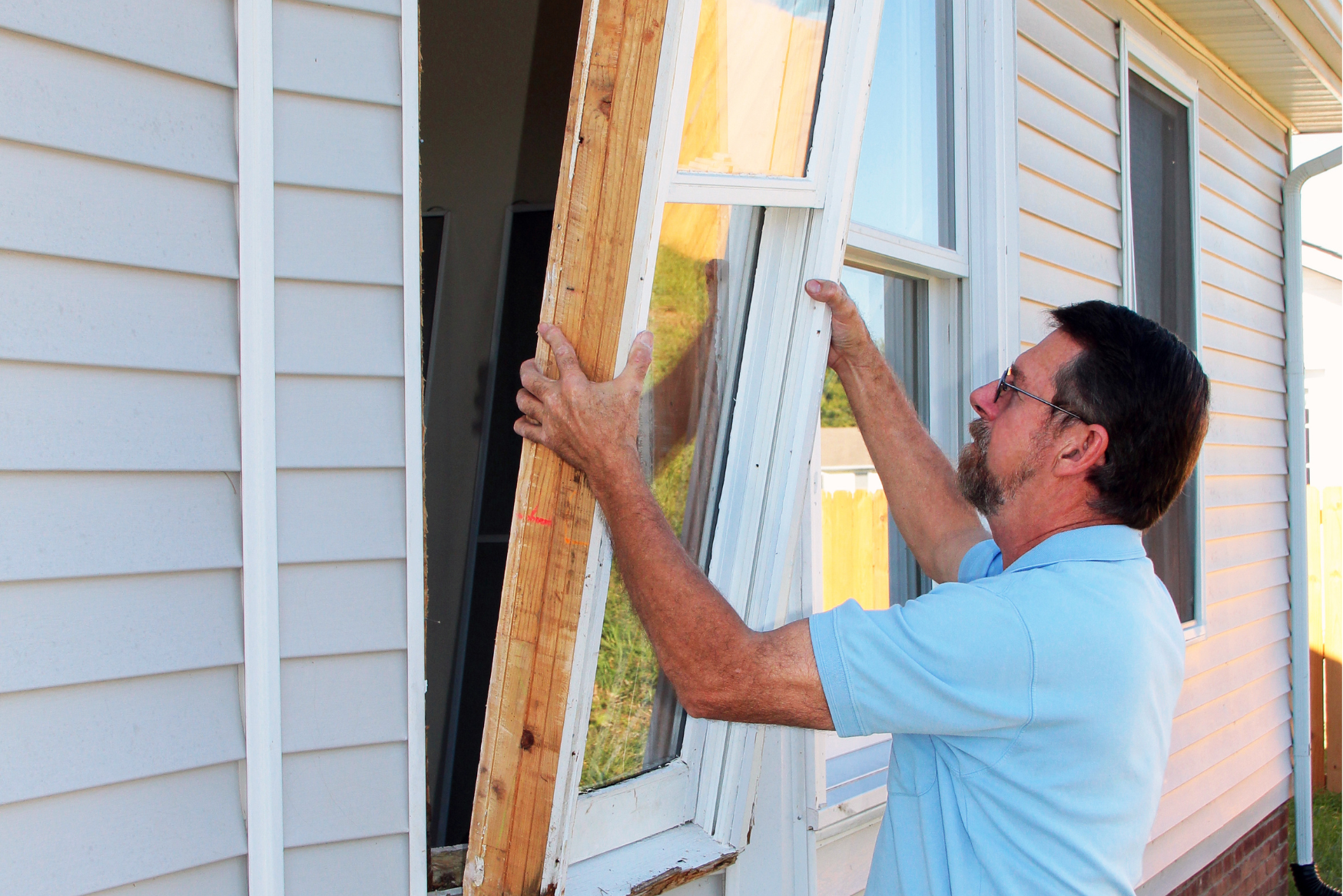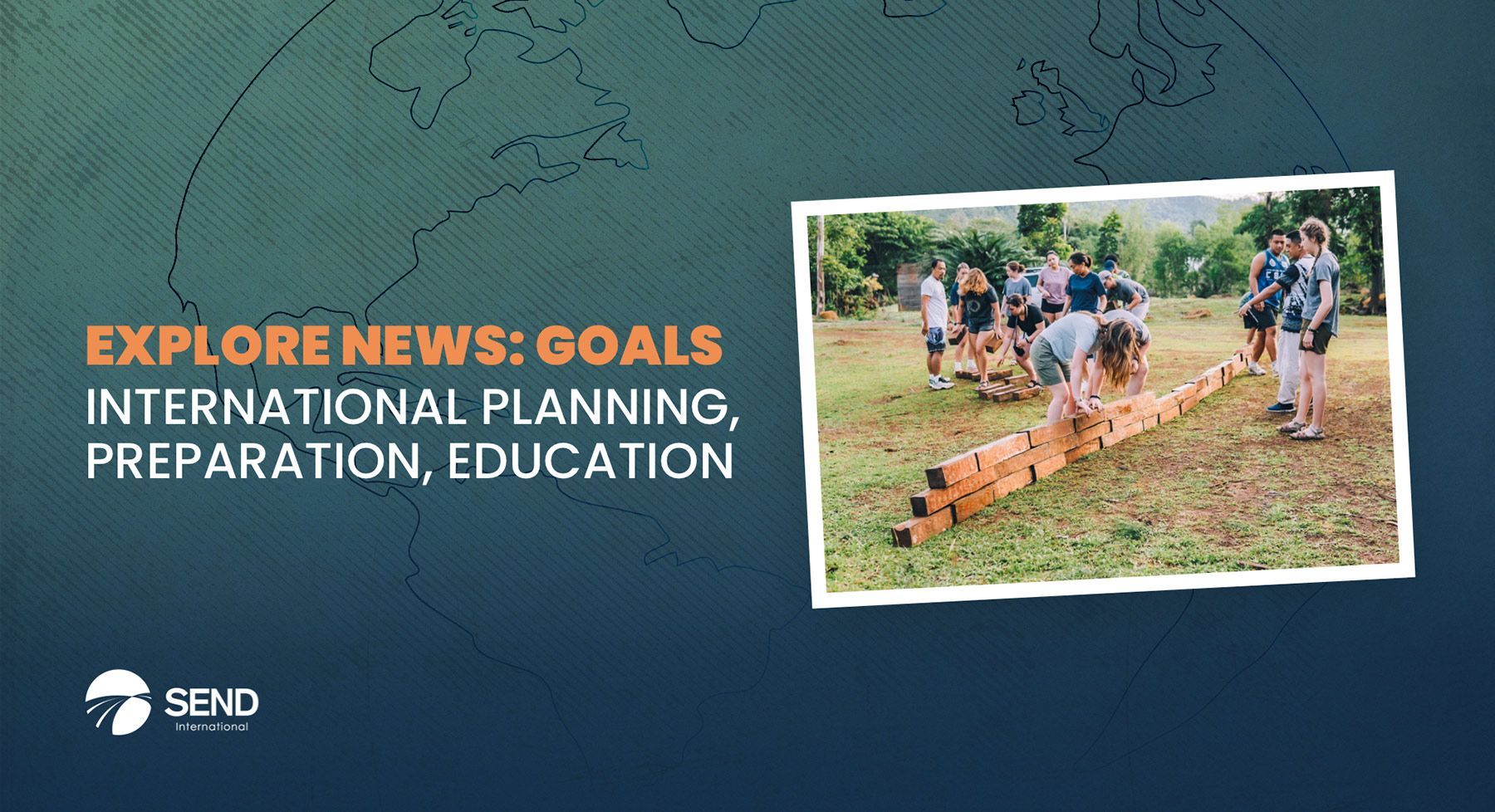
Unique contexts, united purpose
At SEND International, we constantly pray for new workers for the Harvest fields — and as we pray, we offer multiple paths to international missions. They include:
- Operating four sending councils — East Asia , Philippine , Canada and US — that provide comprehensive member care and accept donations for missions work.
- Partnering with other missions organizations to draw missionaries from Latin America and Europe.
- Supporting mobilization efforts in several other countries.
While passion for engaging unreached people groups with the gospel unites all these efforts, each exists in its own distinct setting. Take, for instance, two of our sending councils: SEND US and Philippine Sending Council.
Age of organization
SEND US is much older — it opened 70 years ago, in 1947, and has 276 workers assigned to cross-cultural fields.
The Philippine Sending Council officially launched just six years ago, in 2011, and has 37 long-term missionaries.
Age of applicants
Though the PSC itself is younger, its applicants skew older, averaging 38 years old.
“We have deployed people who already have years of Christian or missionary service,” says PSC Area Director James Aberin. “The generations of missionaries we have are set for long-term, career ministries.”
The average SEND US applicant is 30. They tend to already have short-term, cross-cultural experience, and they want to work on a team with strong relationships and mentoring.
Ministries and training
Church planting and Muslim ministries are top interests for missionaries coming from both councils.
Both offices provide standard prefield training, and might also direct missionaries to specified training — like Chronological Bible Storying , teaching English or launching Disciple Making Movements — that will help them make disciples on their distinct fields.
Support
In both areas, churches provide about 30 percent of a missionary’s support. For SEND US, individual gifts make up the remainder — and younger missionaries are seeing contributions from individuals play an even bigger role in their overall financial support.
At PSC, individual gifts average about 35 percent and the Global Worker Initiative provides the rest of the funding.
Time to the field
From the moment they apply to serve, PSC missionaries take about 18 months to raise support, undergo training and move to the field. That process takes an average of 30 months in the States — a timeline that SEND US CEO Michelle Atwell aims to decrease.
Though each of SEND International’s sending councils and partner organizations experience some distinctions, all are committed to the globalization of missions and to building healthy multinational teams that reflect the unity of all believers. No matter our ages, or the time it takes us to get to the field, or our passport countries, together we can more powerfully engage the unreached and make disciples of all the nations.
• Our total commitment to Jesus Christ fuels all that we do. Read SEND’s statement of faith.
• Learn about SEND International's mission, focus, and values.





